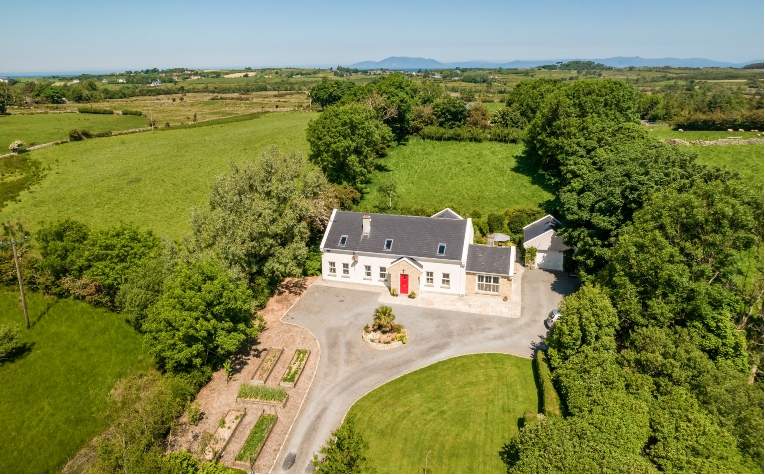To ensure a well-informed decision, we have compiled a list of considerations for potential buyers to think about:
1. Building Protection: Period homes may or may not be protected so it is essential to determine this at the earliest stage of the buying process. While these buildings possess charm and character, the repair and maintenance costs can be much higher than newer builds, especially if the structure is protected. Local authorities aim to preserve the oldest and most unique structures and historic houses across Ireland. To establish if a property is protected, it is advisable to check the record of Protected Structures and contact the local planning authority.
2. Maintenance and Running Costs: Older buildings demand special care and typically entail higher maintenance and running costs. As a general rule of thumb, renovating a protected property tends to be more expensive than renovating a similar property from the same era which does not have this protected status. Typically local planning authorities will be stringent on good building conservation which relies on using the right materials and good craftmanship by specialist professionals. Therefore, it is crucial to factor these costs into your budget before proceeding with your interest in the property.
3. Professional Guidance: If you are considering purchasing a protected period property, it is advisable to engage the services of skilled professionals early in the purchase process. These professionals, such as qualified conservation architects and construction experts experienced in traditional building methods and materials, can provide invaluable tips and advice to help you make an informed decision. Your solicitor will also conduct an examination of the legal pack for the property and will provide advice on any potential issues that may arise in the future.
4. Building Survey: Engaging a building surveyor to conduct a thorough survey of the property is highly recommended. This due diligence will provide you with a comprehensive understanding of the property's condition and potential issues. It can also be beneficial to have a survey carried out before submitting an offer, as this will enhance your knowledge as a buyer and enable you to make a well-informed decision.
(3).jpg)
.jpg)
(3).jpg)
.jpg)
.jpg)
.jpg)
.jpg)
.jpg)
.jpg)
11(2).jpg)

.jpg)
.jpg)
.jpg)

(1).jpg)